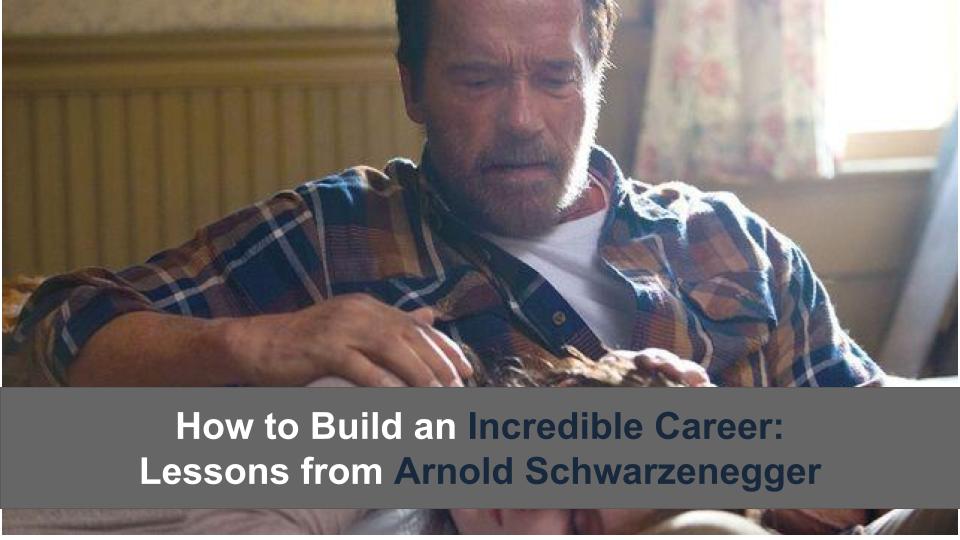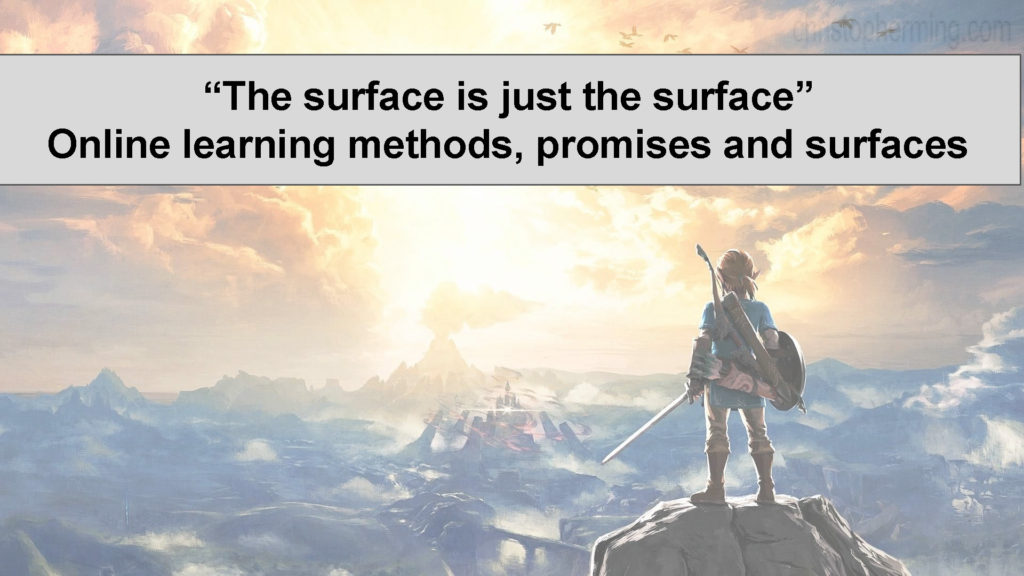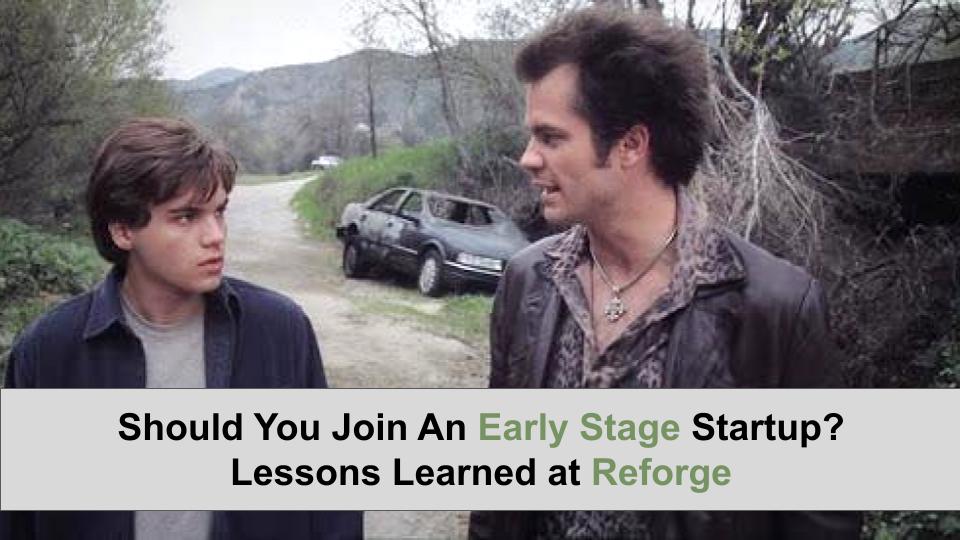Last updated on November 3rd, 2021 at 03:56 am
Summary:
- When building an online learning experience, you can decide whether to beta test or go straight into a full product launch.
- Both options have high stakes tradeoffs. You can use the Beta Test Spectrum to help you analyze your market and product.
- The Beta Test Spectrum looks at five vectors: demand, competition, brand moat, price, and promise.
- Use the Beta Test Spectrum to maximize the value you add to your students’ lives and value to your business.
Six months after the Writer’s Strike, HBO placed a $60 million bet on a pair of TV neophytes. Neither had worked as a series staff writer, let alone run a show.
In November 2008, actors were cast, sets built, and principal photography of the pilot began.
Later, the writers screened the pilot for a few colleagues. Consensus was quickly reached: that screening was one of the most painful experiences of their lives.
The plot lost itself like a bad alibi. The costumes felt like a medieval Dolly Parton cosplay. On a legal pad, someone wrote, in all caps: “MASSIVE PROBLEM”.
In a stroke of extreme foresight or extreme oversight, HBO gave them a mulligan (foreign pre-sales, so the hypothesis goes).
Do it again, the executives told them. You got this.








